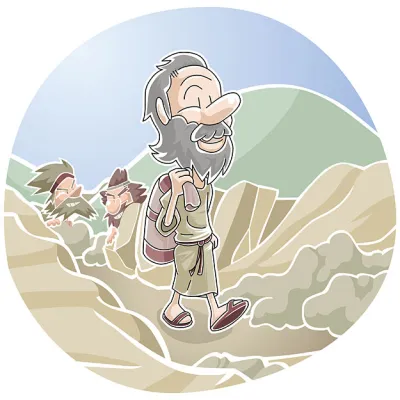
When I attended Sunday school as a child, I knew what to do if I ever saw a guy beat up on the side of the road; I was going to put him on the donkey (that I would obviously have with me) and take him to the nearest hotel. I knew this because of the story of the good Samaritan.
As a child I had the privilege of hearing so many wonderful lessons, but I didn’t always know how to apply them. This is the difference between knowledge and wisdom.
She cries out in the chief concourses, at the openings of the gates in the city.
She speaks her words.
Proverbs 1:20-23

Knowledge ≠ Wisdom
Whether or not you are paying attention to the news, it’s hard to miss protests that are taking college campuses by storm. Learning and preparation for adulthood seems to be the only thing that is not important in our “institutes of higher education”. There is more information available to us than ever before, but as a society we are becoming less and less wise.
Solomon was young when he was crowned king, but he was one of the greatest kings to ever rule in history. In 1 Kings 3:7 he refers to himself as “only a little child”. According to the timeline he was likely 24 years old or younger. He was intimidated by the job he had to do, and petitioned God for help to be able to rule the Israelite people.
Almost like a genie story, God came to him in the middle of the night, and promised to grant him any wish he chose. Solomon asked for wisdom to rule Israel. God was so pleased with his priorities that He also granted him great wealth as well.
With God’s gift of wisdom, Solomon composed three books of the Bible: The Proverbs, Ecclesiastes, and Song of Solomon. He also wrote some Psalms.
When you read through his books, you see his progress with wisdom. The first nine chapters appear to show the origin of his love for wisdom. Written differently from the rest, they are possibly the encouragement of David and Bathsheba to their son.
Later in His Life
Later in his life, Solomon, the wisest man to ever live, left his God given wisdom and sought foolishness. Deuteronomy 17:14-20 was a list of instruction written directly to kings of Israel. Solomon famously broke all of them:
- He must not acquire many horses for himself. (Vs 16)
- And he shall not acquire many wives, (Vs 17)
- Nor shall he acquire for himself excessive silver and gold (Vs 17)
Throughout the accounts of the Kings you see how these choices were a snare for him. He penned Ecclesiastes (“The words of the Preacher”) later in life. He opens his speech with these words:
“Emptiness, emptiness, all is emptiness a chasing after the wind”. Ecclesiastes 1:1
The negative tone of his book might have been different if he had listened to his father’s advice.
If you seek it like silver and search for it as for hidden treasures, then you will understand the fear of the Lord and find the knowledge of God. Proverbs 2: 4-5.
Somewhere Solomon forgot that he had asked God for wisdom, and he settled for being smart. With a wealth of knowledge available all around us, wisdom is easily left behind.
However, these simple words of Solomon as a young man tell where to start in our quest for wisdom, the fear of the Lord.


Very timely thoughts with the protests at the colleges. It is so sad to me that Solomon abandoned his earlier wisdom when he just started out as King. Praying we may always seek wisdom not just knowledge. Thank you
I love how you point out the difference between worldly knowledge and God given wisdom – true wisdom comes from God. Thank you for sharing!